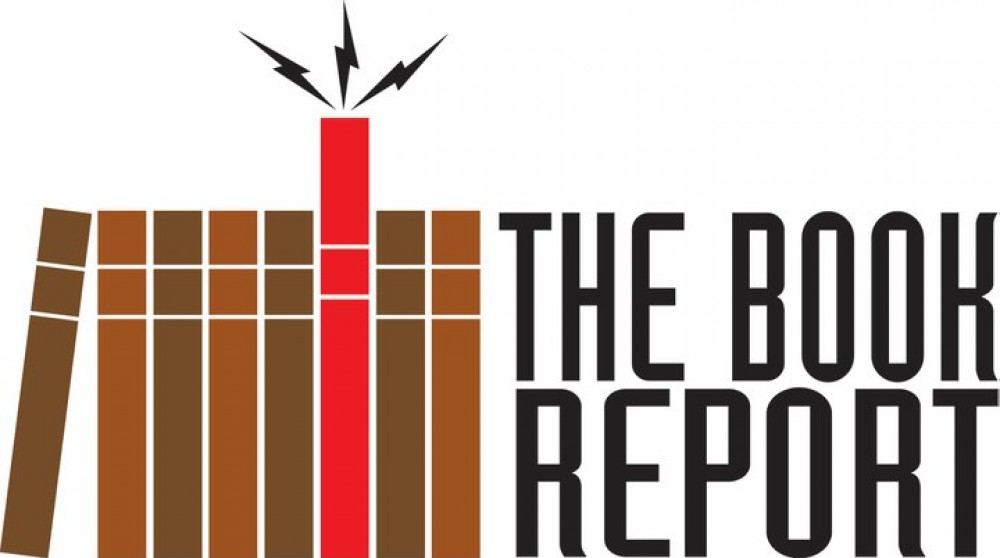CENSORED MATERIAL BACK IN F SCOTT FITZGERALD STORIES
From sexual innuendo to anti-Semitism, a wealth of censored material that had been sliced out of F Scott Fitzgerald‘s short stories by newspaper editors is being restored in a new edition of the author’s work.
The stories in his fourth collection, Taps at Reveille, were written by Fitzgerald for publication in the Saturday Evening Post during the late 1920s and early 1930s – a time of debt and personal difficulty for the author, who died in 1940 at the age of 44. Close study of the final, messy typescripts, complete with handwritten revisions show significant differences between what “The Great Gatsby” author intended to be published, and what the Post – keen not to offend its middle-class readership – actually released, with any sexual innuendo eliminated, almost all profanity cut out, as well as any passages touching on racial or ethnic prejudice, drunkenness or reference to drug-taking.
In the original story “Two Wrongs,” for example, the unpleasant protagonist Bill describes someone as a “dirty little kyke”, an insult cut from the published edition. In “The Hotel Child,” a reference to the Marquis Kinkallow “surreptitiously feeding a hasheesh tablet to the Pekingese” was also removed from the Post’s version, with other cuts, including removal of profanities such as “Get the hell out of here!”
The new edition of “Taps at Reveille,” the latest volume of The Cambridge Edition of the Works of F Scott Fitzgerald, restores Fitzgerald’s original prose in these and other stories. “Major” changes have also been made to the story seen by many to be Fitzgerald’s masterpiece in the genre, “Babylon Revisited.” General editor James West, Sparks Professor of English at Pennsylvania State University, believes the edition is important “because we want to read what Fitzgerald wrote, not what the editors at the Post thought he should have written”.
“Two Wrongs”, according to West, “now makes much more sense”, with Bill “punished more justly for his wrongdoings – his anti-Semitism and his reprehensible treatment of his wife”. And in “The Hotel Child,” West says that “the decadence of several of the characters is revealed more clearly because of their alcoholism, drug use and prejudice”. “One of the commonplaces of Fitzgerald criticism, for decades, has been that he avoided unpleasant topics and realistic language in his magazine fiction. We can see now that this was not altogether his choice.” West was clear that the new versions of the stories do not expose Fitzgerald as an anti-Semite: “the anti-Semitic slurs in these stories are spoken by reprehensible characters. These slurs are not spoken in Fitzgerald’s authorial voice.
Fitzgerald wrote 178 short stories in his lifetime, selling them for up to $4,000 to the Post and other magazines to support his family. Sarah Churchwell, professor and author of the biographical study of The Great Gatsby, Careless People, welcomed publication of the new edition. “This is the version which Fitzgerald wanted to see the light of day. “It will change how people think about Fitzgerald, particularly in his short fiction. He is seen as a very sentimental writer – even in his novels people think his greatest fault is when he crosses the line into sentimentality or romance and becomes less realistic,” she said. “This shows that this was often not his choice.” The original editions of the stories, she said, “will give people the sense that Fitzgerald is actually a bit edgier, particularly in his later stories; that there is more grit in these tales than people think.”

Pingback: No cutesy Latin title 3 | Me + Richard Armitage